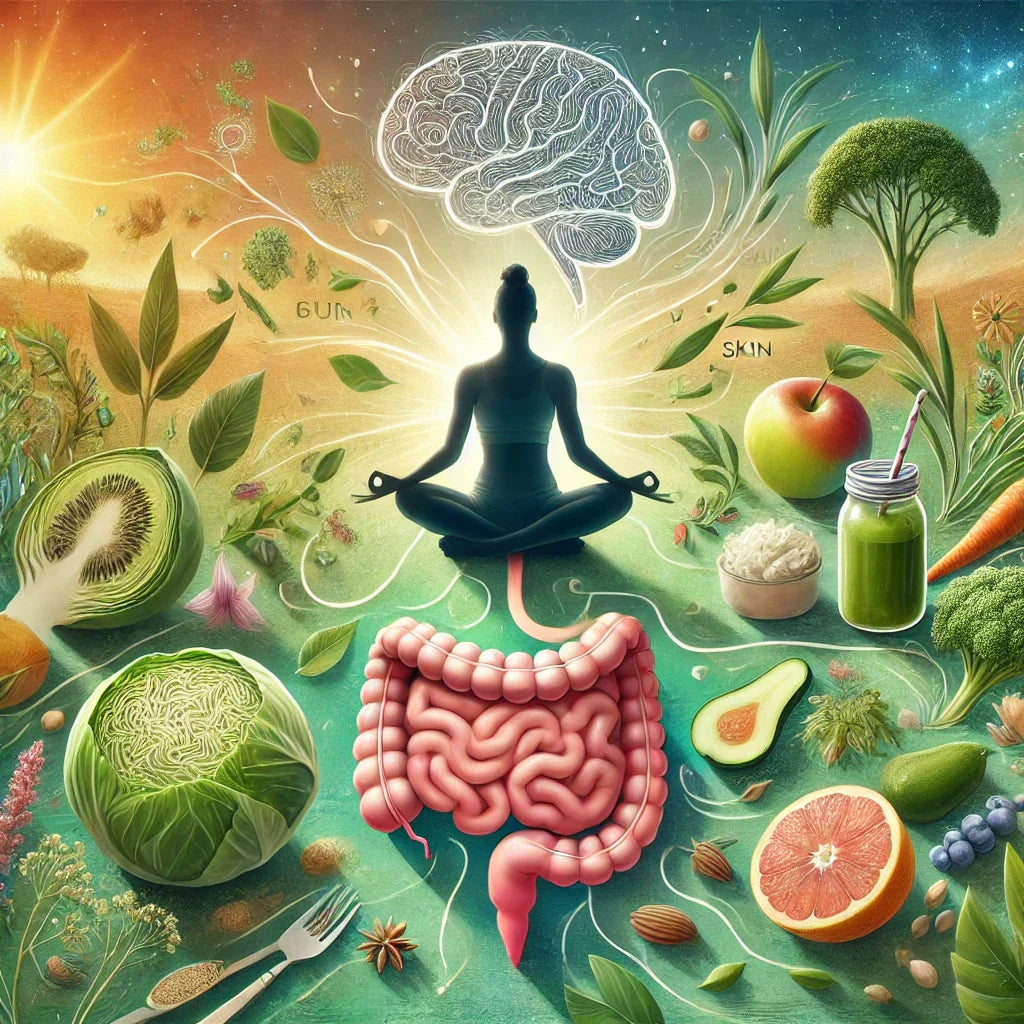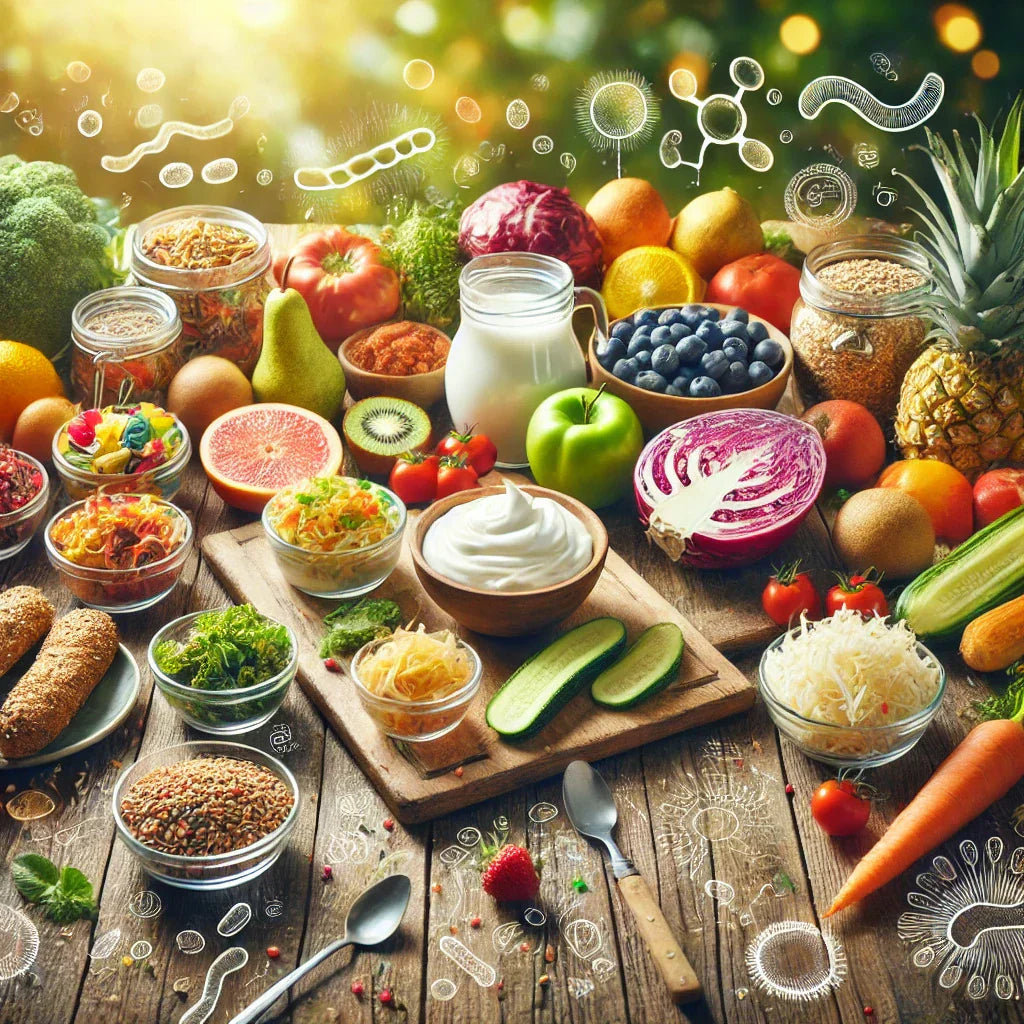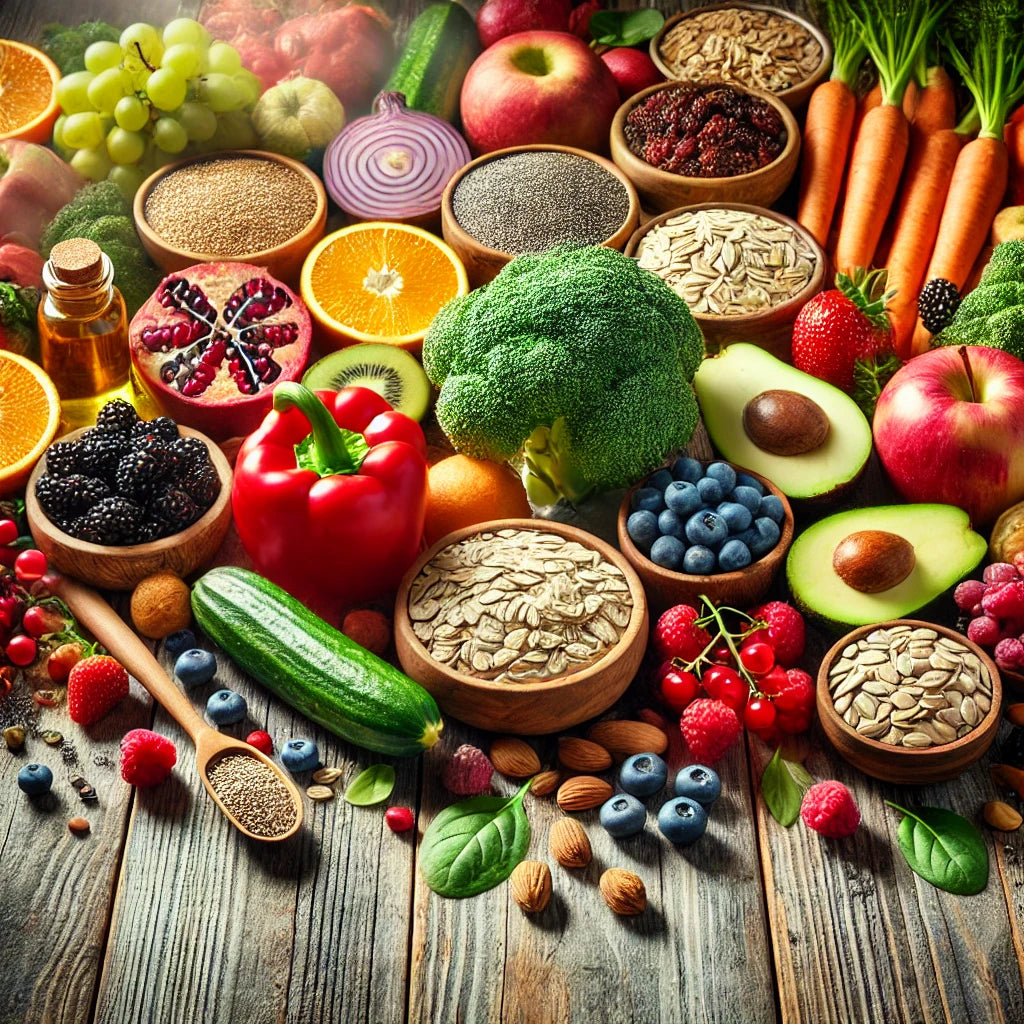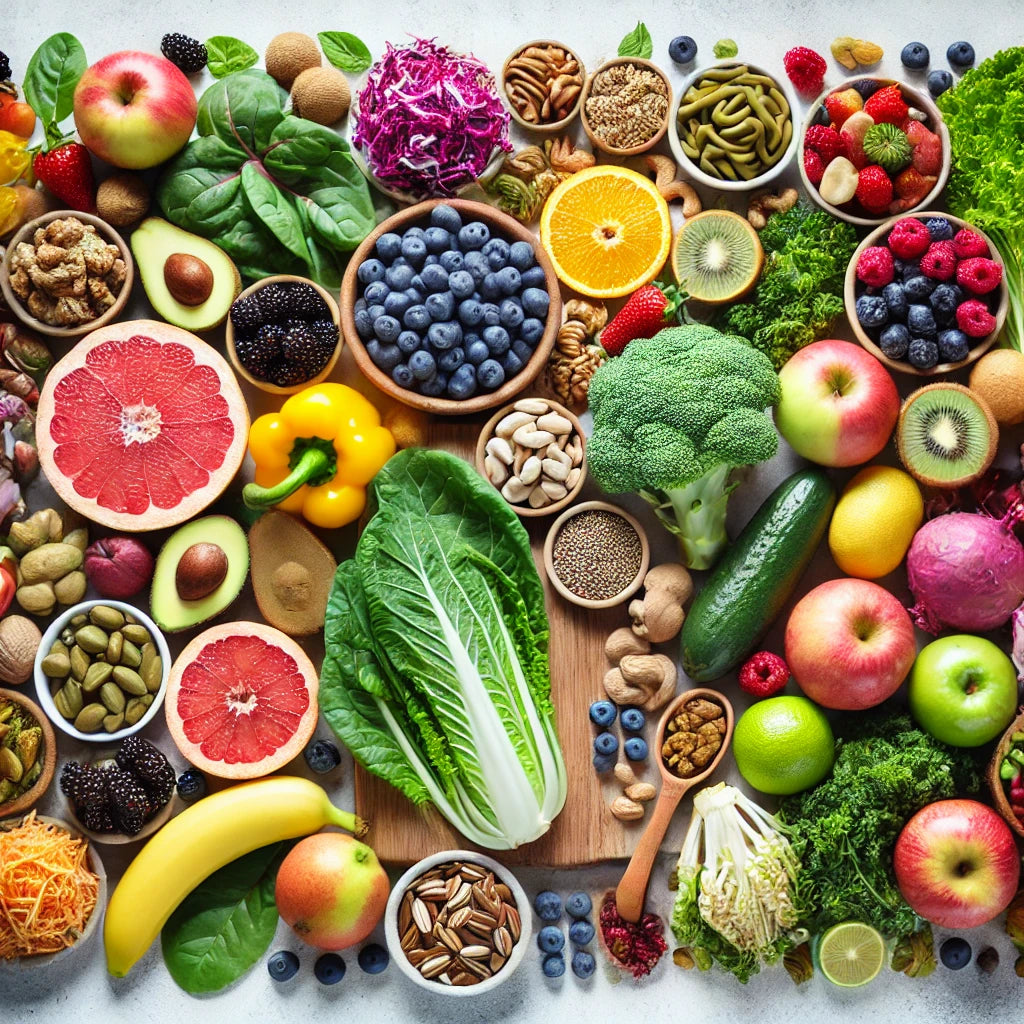News — probiotics
The Gut-Brain-Skin Axis: A Guide to Holistic Health
gut health gut-brain-skin axis holistic health holistic wellness mindfulness nutrition probiotics self-care skin health
In our quest for overall well-being, we often overlook the profound connection between our gut, brain, and skin. This interconnected network, known as the gut-brain-skin axis, plays a crucial role in our physical and emotional health.
In this comprehensive guide, we explore how these systems interact, the role of nutrition and lifestyle, and practical strategies to enhance your holistic health.
Feed Your Gut: The Ultimate Guide to a Healthy Microbiome Through Diet
digestive health feed your gut fermented foods gut health gut microbiota healthy diet microbiome nutrition prebiotics probiotics ultimate guide to microbiome wellness
Your gut is home to trillions of microorganisms that play a vital role in your overall health. This ultimate guide will show you how to nurture a healthy microbiome through diet, helping you improve digestion, boost immunity, and even enhance your mood.
Whether you're new to the concept of gut health or are looking to deepen your understanding, this guide offers research-backed insights and practical tips to help you feed your gut for a healthier life.
Spice Up Your Gut Health: The Benefits of Oregano
digestive health gut flora gut health gut microbiome healthy spices immune health natural remedies oregano antioxidants oregano benefits oregano for digestion oregano health benefits oregano nutrition oregano oil probiotics spice for gut health
Oregano, a versatile herb known for its aromatic flavor and culinary uses, has earned its place as a natural powerhouse for gut health. This humble spice, packed with bioactive compounds and nutrients, plays a pivotal role in supporting digestion and maintaining a healthy microbiome.
From its potent antioxidants to its antimicrobial properties, oregano offers much more than a burst of flavor in your dishes. It helps protect the delicate balance of gut flora, supports immune function, and provides a natural alternative to promote digestive well-being. Let’s explore how oregano can transform your gut health.
Nourish Your Gut Microbiome: The Power of Fiber
dietary fiber benefits digestive health fiber and immunity fiber for digestion fiber for gut microbiome fiber for weight management fiber supplements gut bacteria gut health gut microbiome diversity healthy gut high-fiber foods immune system insoluble fiber mental health and gut microbiome health prebiotics probiotics short-chain fatty acids soluble fiber
The world of gut health is complex, but it all comes down to the microscopic ecosystem inside your digestive tract—your gut microbiome. This community of bacteria and other microorganisms plays a vital role in your overall health, influencing everything from digestion to immune function and even mental well-being. One of the best ways to nurture a healthy gut microbiome is through dietary fiber, a key nutrient that provides fuel for beneficial gut bacteria. In this article, we’ll explore how fiber affects your microbiome and ways to ensure you’re getting enough of this essential nutrient every day.
Fiber-rich foods not only keep our digestive systems moving but also act as prebiotics, meaning they nourish the beneficial bacteria in our guts. A balanced gut microbiome, supported by adequate fiber intake, can lead to improved digestion, better immunity, and even enhanced mood. Read on to discover how fiber can transform your gut health and the best sources of fiber to add to your diet today.
Eat Raw, Feel Great: The Gut-Healing Power of Raw Foods
digestive balance digestive health energy boost enzymes in raw foods fermented foods fiber-rich diet fresh fruits gut bacteria gut health gut microbiome healing foods inflammation leafy greens natural foods organic diet probiotics raw diet raw food recipes raw foods sprouted grains
Feeling vibrant and energized can often trace back to a healthy, balanced gut. One of the most effective ways to achieve this balance is by integrating raw foods into your diet. From boosting beneficial bacteria to providing essential enzymes, raw foods can nourish your gut and support overall wellness. Understanding the role that raw foods play in gut health can help you make simple yet powerful dietary changes that will leave you feeling great inside and out.
Raw foods are rich in fiber, natural enzymes, and nutrients that help balance the digestive system. Unlike processed foods, which can harm gut health, raw foods often have a cleansing effect. For anyone looking to enhance their digestion, reduce inflammation, and cultivate a healthier lifestyle, exploring raw food options may hold the key to transformation.





